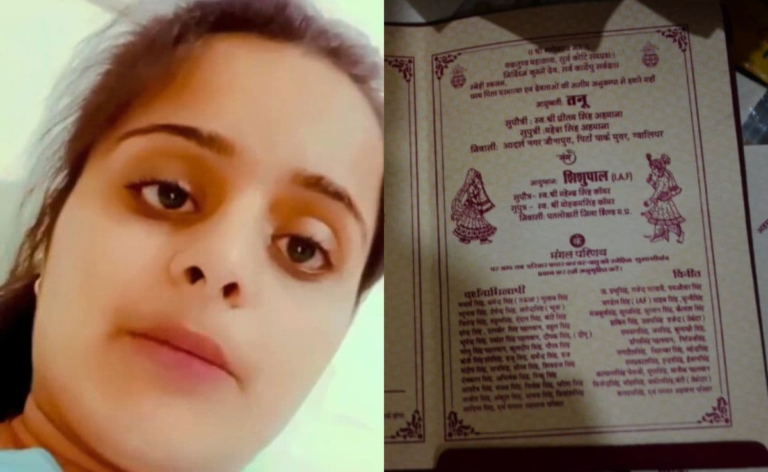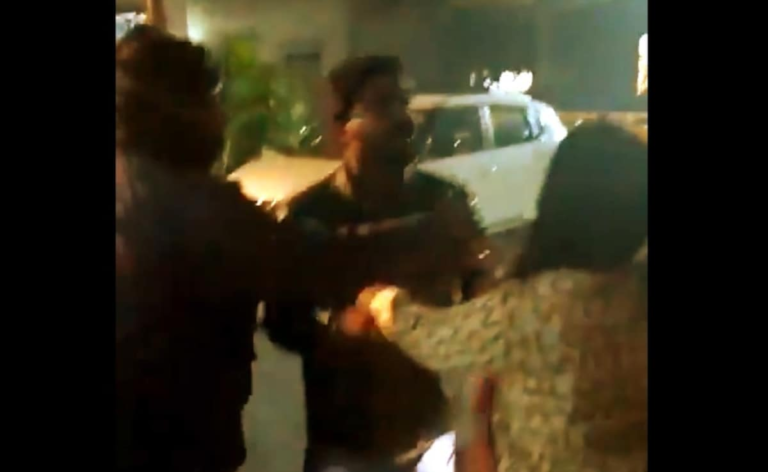The Gujarat government pointed out that it had followed an earlier order of the Supreme Court.
New Delhi:
A month after the Supreme Court ordered that the 11 men convicted of raping Bilkis Bano and killing her family during the 2002 riots must return to jail, the Gujarat government has approached the court and sought the removal of some “adverse” comments made against it in the judgment.
In its order on January 8, the Supreme Court bench of Justices BV Nagarathna and Ujjal Bhuyan had observed that “State of Gujarat has acted on the basis of the direction issued by this Court but contrary to the letter and spirit of law” and “acted in tandem and was complicit with” one of the convicts in the case who had played a fraud on the court and misrepresented or suppressed material facts.
In the May 2022 order, based on a petition by convict Radheshyam Shah, the Supreme Court had directed the Gujarat government to consider his remission application under its remission policy. Complying with that order, the court had remarked in January, “could also be said to be an instance of usurpation of power and abuse of discretion”.
Pointing out that it had followed an order of the Supreme Court itself, the Gujarat government has said in its review petition that it was “bound to comply” since it was a party to the case. It also said that the inference of “usurpation of power” could not be drawn since Gujarat had consistently submitted that Maharashtra was the “appropriate government” – a reference to the court saying that the criminals could be released only by the neighbouring state since that’s where they were tried.
The government also argued that the observation that it “acted in tandem and was complicit with” one of the convicts was not only “highly unwarranted” and went against what actually happened, but had also caused “serious prejudice to” the state of Gujarat.
In its January judgment, the Supreme Court had been extremely critical of its May 2022 ruling, delivered by Justice Ajay Rastogi (now retired), and said that the Gujarat government should have sought its review. The court noted that the convicts’ release had been ordered based on Gujarat’s 1992 remission policy, which had been superseded by a 2014 law, and ordered the 11 convicts to surrender within two weeks.
Bilkis Bano was 21 years old and had been pregnant for five months when she was gang-raped after the Godhra train-burning incident in 2002. Her three-year-old daughter was among the seven family members killed in the riots.




